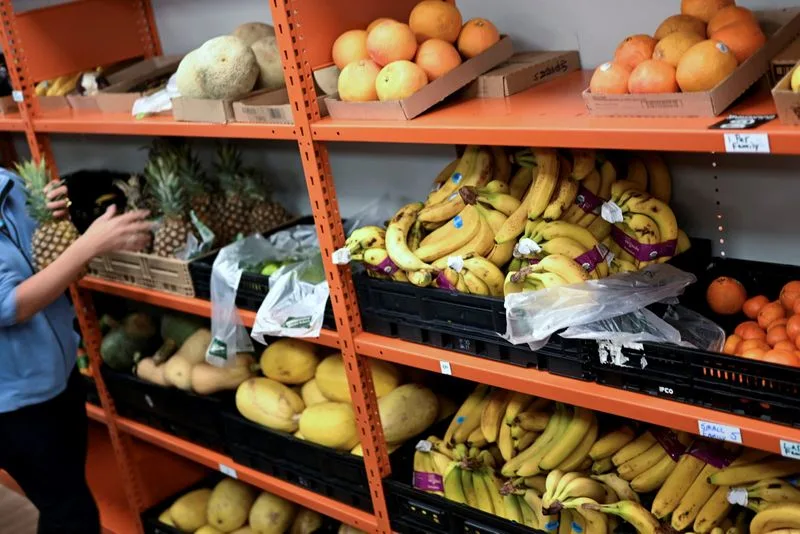
Food assistance for more than 40 million Americans will not be distributed from November following the prolonged US government shutdown, the Department of Agriculture (USDA) announced on Friday.
In a notice posted on its website, the department said, “Bottom line, the well has run dry,” blaming Democrats in the Senate for the political impasse that has paralysed funding.
The Supplemental Nutrition Assistance Program (SNAP), commonly known as food stamps, supports one in eight Americans and forms a critical part of many families’ grocery budgets. Earlier this month, the Trump administration declined to use a contingency fund that could have extended benefits, citing the need to reserve those funds for emergencies such as natural disasters.
Democrats have sharply criticised the decision. Congresswomen Rosa DeLauro and Angie Craig described it as “perhaps the most cruel and unlawful offence the Trump administration has perpetrated yet.” They further condemned President Donald Trump for diverting attention and resources toward foreign aid to Argentina and the construction of a new White House ballroom during the shutdown.
According to the Center on Budget and Policy Priorities (CBPP), the contingency fund would only cover about 60% of one month’s benefits. However, House Democrats argued in a letter to Agriculture Secretary Brooke Rollins that enough money remains in SNAP’s reserve to fund most November benefits. They urged the secretary to release those reserves and reallocate departmental funds to fully sustain the programme.
In response, Rollins stated that the reserve could only be used for “true emergencies”, primarily natural disasters. While a shutdown plan published earlier by the USDA noted the existence of multi-year contingency funds to allow states to continue operations, the department now says those resources have been exhausted.
SNAP benefits typically come through reloadable debit cards, enabling recipients to purchase essential groceries. A family of four receives an average of $715 (£540) monthly — roughly $6 (£4.50) per person per day.
With federal support on hold, several states have pledged to step in using local funds. Massachusetts, where about one million people could lose benefits, has admitted that state reserves are insufficient to cover the shortfall. In California, the National Guard has been mobilised to assist food distribution efforts, while other states are coordinating with charities and food banks to provide temporary relief.
The US government shutdown, which entered its 26th day on Sunday, is now the second-longest in American history, with no clear resolution in sight.
Melissa Enoch

